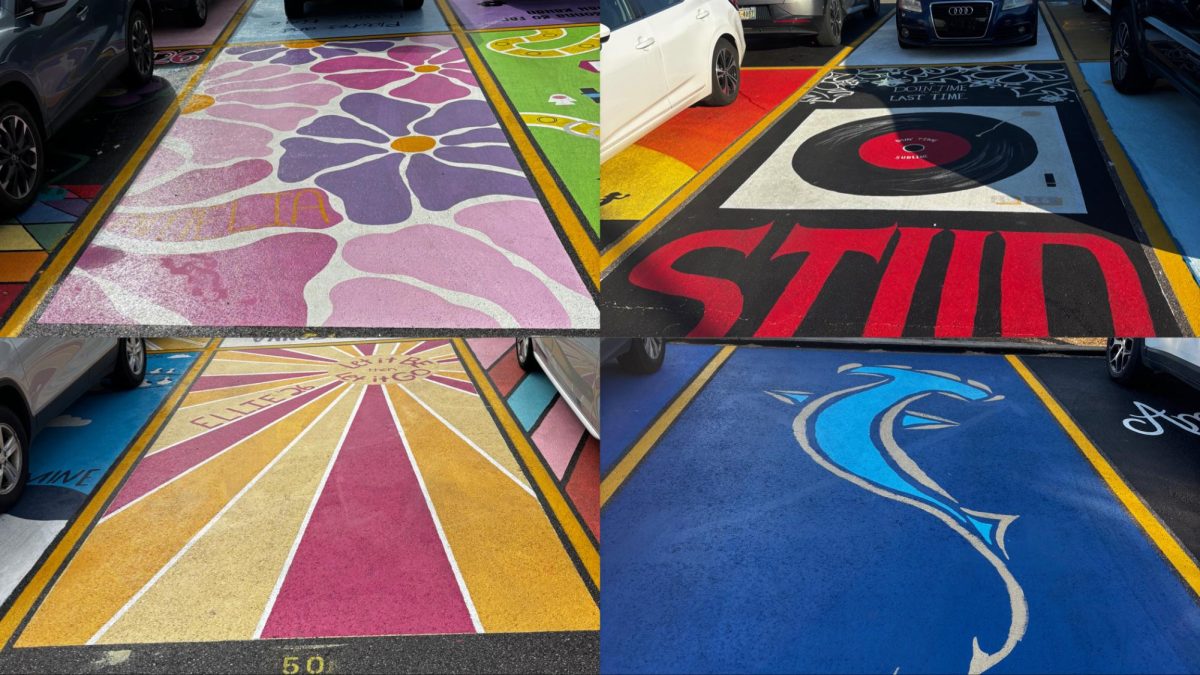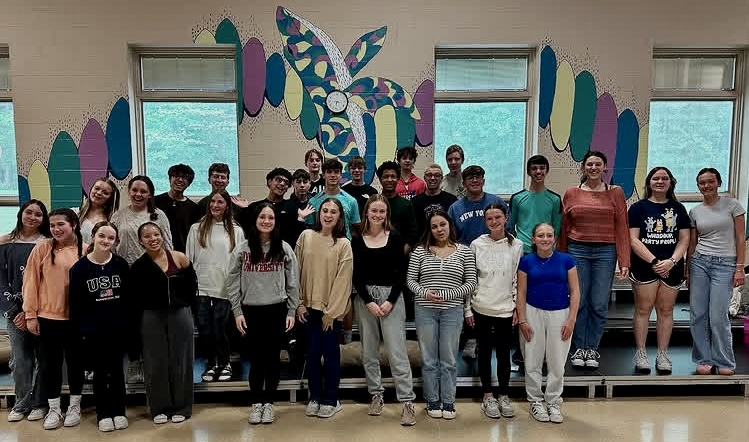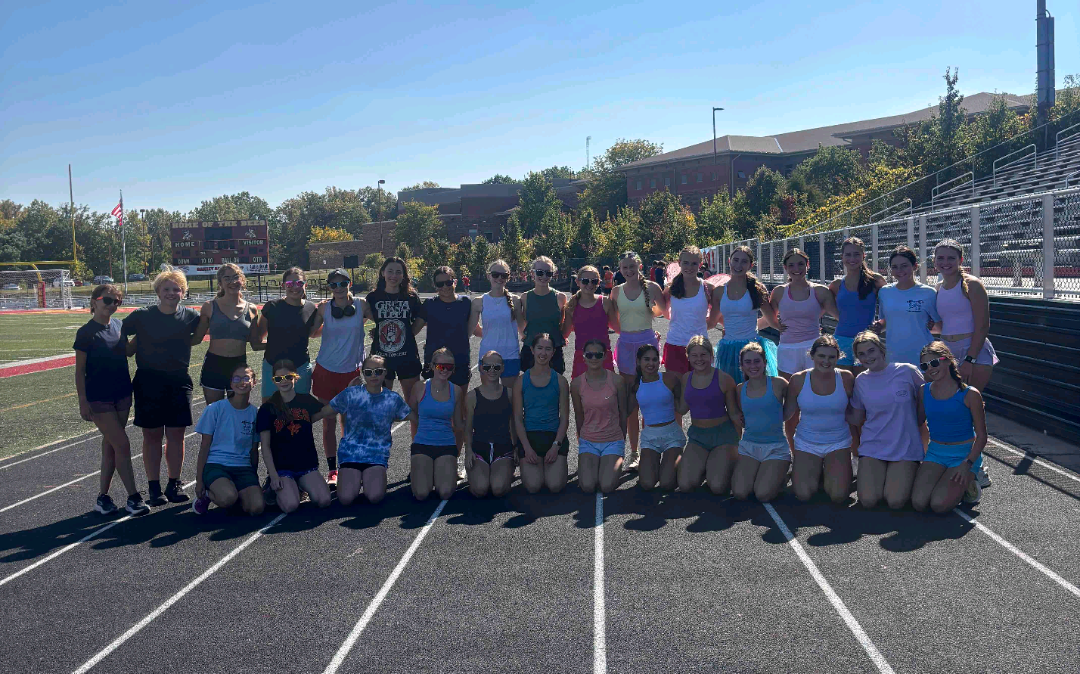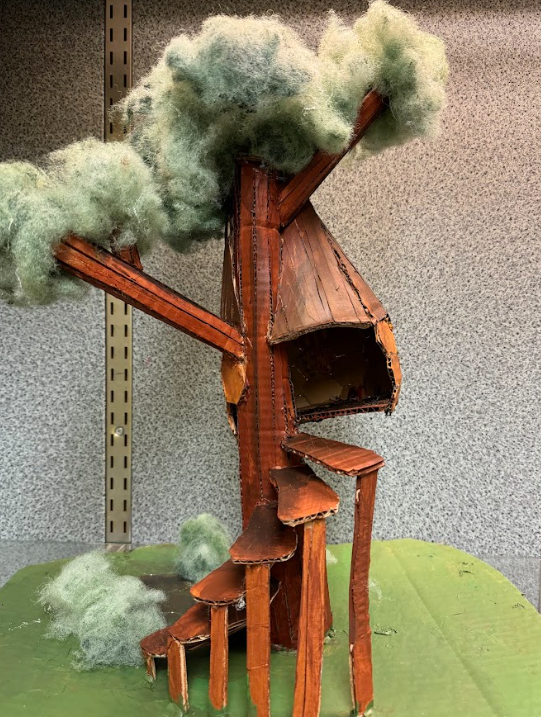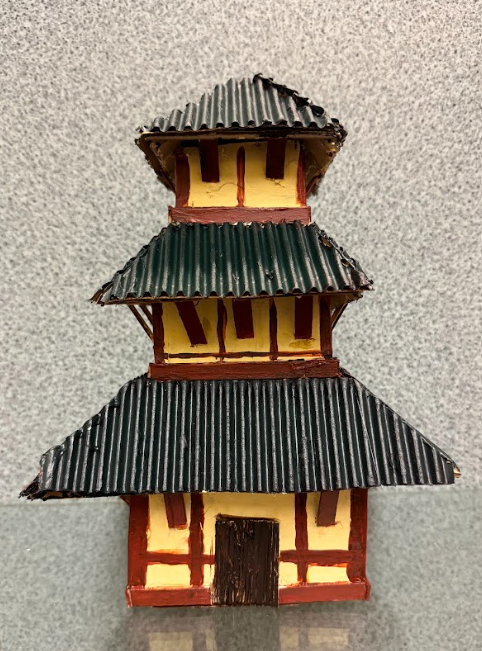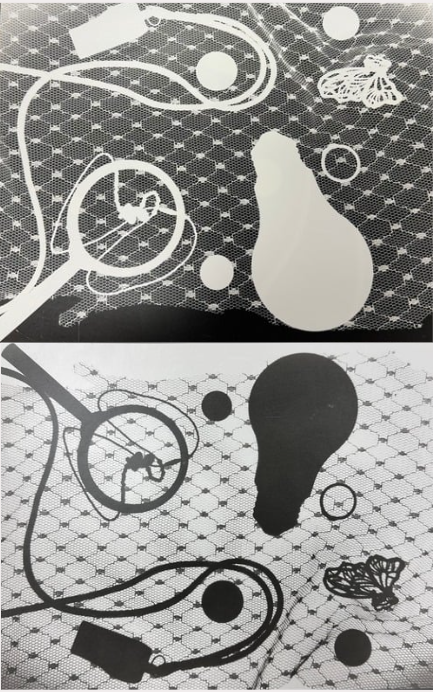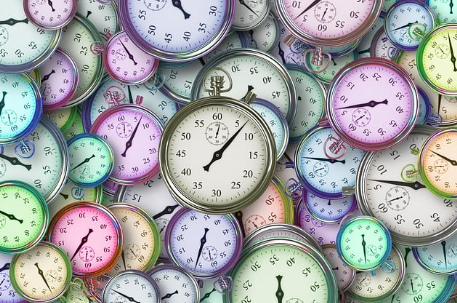The start of the New Year will mark eight years since 2017. Many people have remarked that time feels as if it is speeding up. Days turn into months, which turn into years, yet it feels as though the years pass by as quickly as days.
Over the years, many reasons have been suggested to explain this phenomenon. Not only are there physiological explanations, but also scientific ones.
One common theory, which has been supported by numerous studies, is that time seems to pass faster as one ages. But why does this happen? Unfortunately, it hasn’t been fully discovered yet. However, there are many plausible explanations for why this occurs.
Cindy Lustig, a physiology professor at the University of Michigan, stated that as one get older, lives become more routine. Think about what somebody would do every day—much of it is the same. People simply stop seeing or doing new things.
“When we are older, we tend to have lives that are more structured around routines, and fewer of the big landmark events that we use to demarcate different epochs of the ‘time of our lives,’” said Lustig.
This same principle applies to new experiences.
“For a five-year-old, one year is 20 percent of their life, packed with experiences as they discover the world around them. However, the same amount of time is only two percent of a 50-year-old’s life, which likely has fewer new experiences,” she added.
Andrian Bejan, a researcher at Duke University, studied the aging brain and how it affects a person’s perception of time. According to his study, when somebody is younger, they can process information faster, but as they age, their brain processes less.
Bejan also includes a theory about mental images in his research, stating that while clocks tangibly measure time, the body tells time based on mental images.
“The reason is that the measurable ‘clock time’ is not the same as the time perceived by the human mind. The ‘mind time’ is a sequence of images, i.e., reflections of nature, that are fed by stimuli from sensory organs.”
While there are physiological reasons behind why it feels like time is speeding up, the world itself is speeding up.
For billions of years, time on Earth has gradually accelerated, but now researchers are seeing it happen faster than ever.
Studies completed by numerous people proved that just like humans, the time on Earth appears to speed up as the planet ages. The cause of this acceleration is tied to Earth’s rotation.
According to an article by CBS News, world timekeepers have begun to consider removing a second from clocks in the coming years.
While a single second might not seem like much of a change, those seconds slowly add up.
Many people may wonder why the Earth is rotating faster than usual. This phenomenon is connected to many of the world’s problems, one of the most well-known being global warming.
The melting ice at Earth’s poles has been in the media spotlight due to the issues it’s causing. As the ice melts, it throws off Earth’s mass, contributing to these problems.
With these growing concerns, the discussion of the “negative leap second” has accelerated. Given the current state of melting ice, it is expected that this adjustment will be implemented by 2026.
More and more problems about Earth continue to unravel problems many of which can be prevented. These issues aren’t a one-person solution, but something everyone must work toward.
















